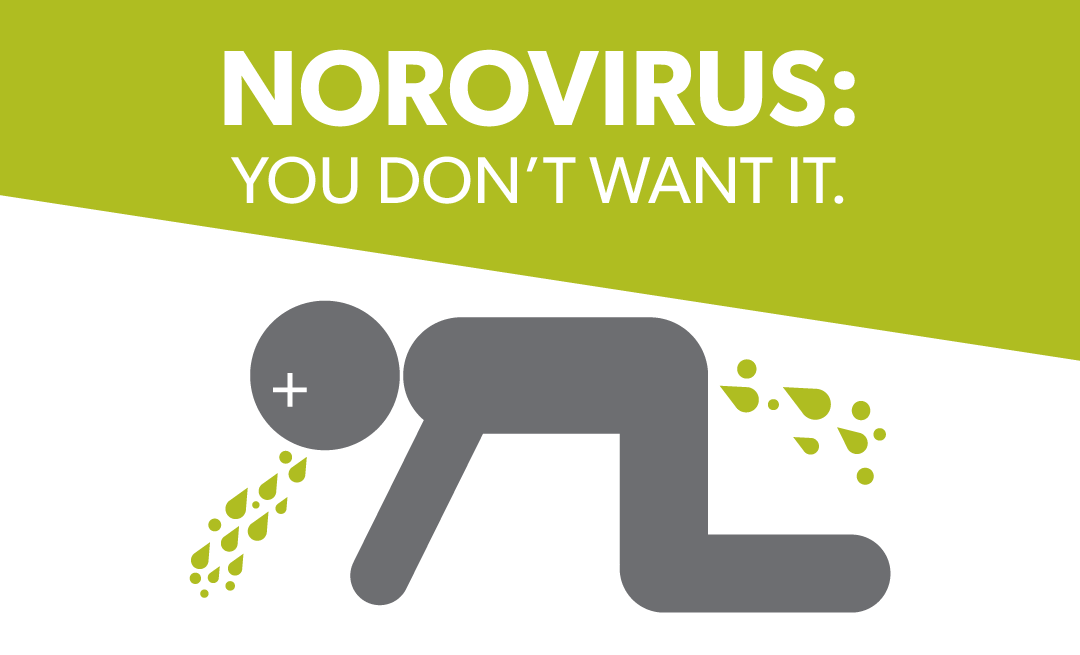NewsDesk @bactiman63
The Taiwan Centers for Disease Control and Prevention (CDC) reported Thursday that the number of hospital visits for diarrhea in the country has increased recently, and the pathogens detected in cluster incidents are mainly norovirus.

The public is advised to pay attention to food safety and hand hygiene. Seek medical attention as soon as possible and take rest at home if you are sick; catering and accommodation operators must strengthen environmental hygiene management and pay attention to the health status of employees. If you have suspected symptoms, please suspend work immediately to reduce the risk of virus transmission.
According to the monitoring data of the CDC, there were a total of 110,783 outpatient and emergency visits for diarrhea in Taiwan last week (February 20 to February 26), a slight increase from the number of visits in the past two weeks (109,522 in the 7th and 6th weeks, 109,289), but lower than the same period in recent years. In previous years, the number of patients with diarrhea was likely to increase after consecutive holidays. In the past four weeks (weeks 5 to 8), a total of 83 diarrhea cluster reports were received across the country. There were 49 positive cases of pathogen detection, mainly norovirus (46 cases, accounting for 94%).
Subscribe to Outbreak News TV on YouTube
The Centers for Disease Control and Prevention pointed out that viral gastroenteritis is extremely contagious, and people of any age may be in close contact with patients by eating contaminated food or drinking water, touching contaminated items with their hands, then touching their own mucous membranes of mouth, nose or eyes. Infection by contact with or inhalation of droplets produced by the vomitus and excrement of patients. Common symptoms are diarrhea, vomiting, and may be accompanied by fever, headache, stomach pain, nausea, muscle aches, etc. The symptoms usually last from 1 to 10 days. Factors such as the patient’s age, personal health status, infected pathogens, and the amount of contaminated food eaten will affect the symptoms and their severity. People with particularly weak resistance will have more severe symptoms.
The CDC calls on effective prevention methods to wash hands properly after going to the toilet, before eating or preparing food, and do personal protection; food hygiene should be paid attention to when cooking dishes, raw and cooked food should be handled separately, and eggs that are not fully heated should be avoided. , meat or raw shellfish. In addition, hotel and catering operators are requested to implement disinfection and cleaning of kitchens and toilets, and pay attention to the hygiene and health of staff (especially kitchen workers). If you have suspected symptoms (especially food workers), you should rest at home until Return to school or work at least 48 hours after symptoms are relieved to avoid infecting others.
- Denmark study: 59% of adult Danes have been infected with COVID-19 since November
- Nigeria reports 540 confirmed Lassa fever cases, nearly 100 deaths in first two months
- Philippines: Zamboanga City reports continuing increase in the number of dengue cases
- Missouri is the latest state to report avian influenza
- Australia: Human Japanese encephalitis case confirmed in Queensland
- Coronavirus infects penis, testicles and prostate in monkeys: Northwestern study
- Panama: 1st hantavirus case reported in Los Santos
- England reports increase in norovirus
- Nigeria reports 4 confirmed monkeypox cases in the first two months of 2022
- China reports 6 additional human H9N2 avian influenza cases

